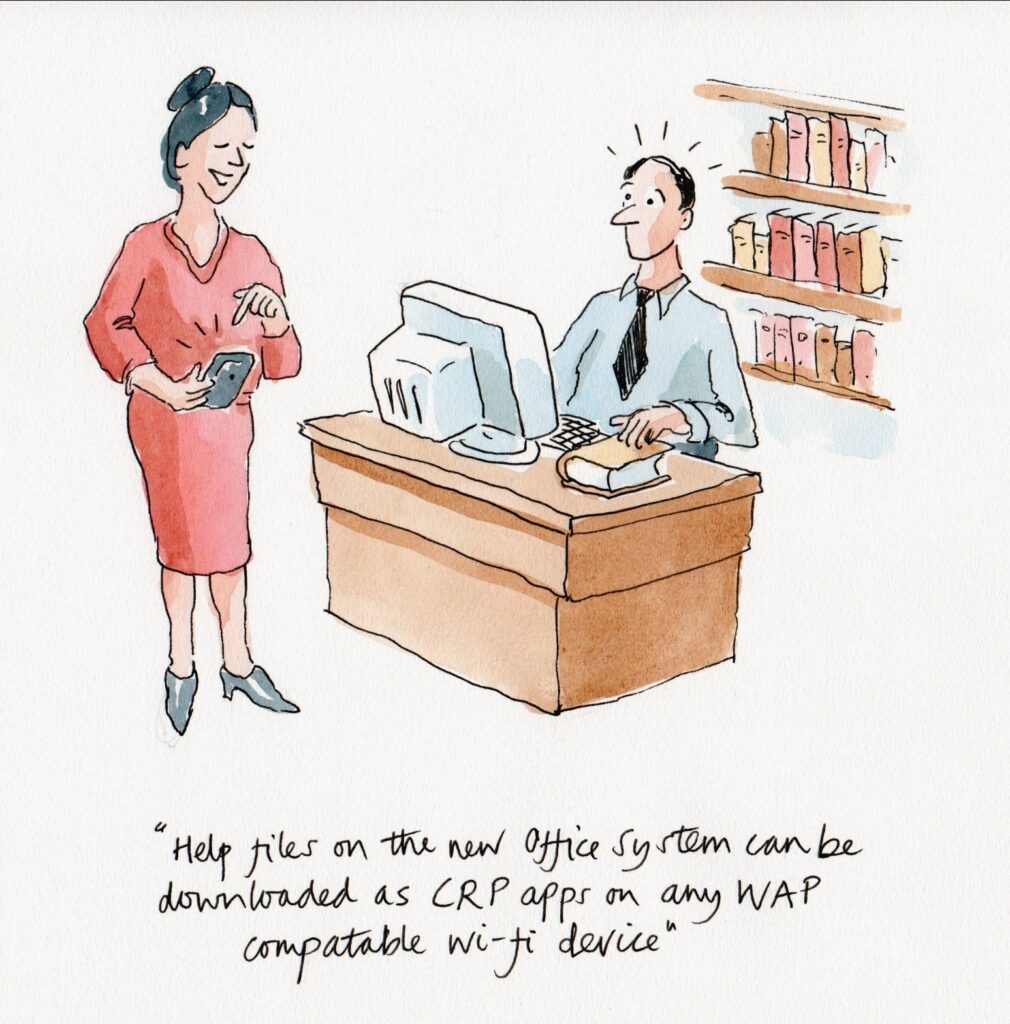
This is part 3 of a 4 part blog series about transferable skills.
This blog is an extract from section 6 of our Energise career e course: https://www.inspiringportfoliocareers.com/e-course/
Read part 1: https://www.inspiringportfoliocareers.com/transferable-skills-where-next-part-1/
Read part 2: https://www.inspiringportfoliocareers.com/transferable-skills-where-next-part-2/
How can you use your best skill in new contexts?
People often don’t know how the skills they use in one context could be useful in another context, job or career. We can only know what we know and it can be hard to be clear about what other career options are open to us.
One of the things that I do with my clients is help them understand how their minds work and the steps they take with solving a problem for example; then identify other contexts where this approach could be useful. It is amazing how skills are transferable to completely new areas.
Examples of skills that can be transferred:
- From sales & marketing property to sales & marketing hotels as a place to stay
- From insights about consumers to insights about people
- From employed PA to self-employed virtual PA
From sales and marketing property to sales and marketing hotels as a place to stay
One participant of our Energise ‘Steer your career’ workshop had been made redundant from her job in the property industry, selling houses. At that time, the prospects of finding another similar job were almost non-existent. We helped her to see how her skills of sales, marketing and dealing with customers were very transferable. She reshaped her CV and achieved a fantastic prestigious job for Malmaison hotels, broadening her experience and marketability.
She missed the property world, so went back to it when more jobs became available, so her career revitalisation was temporary based on market conditions. As a result of working with us, she gained an increased awareness of herself, her values, her skills and motivations, so she knew that property was where her heart lay.
From insights about consumers to insights about people
Insight mining is one of my key skills and it is a combination of observation, analysis, making connections and thinking laterally. In the past, I worked as an account planner in the communication industry and a key part of my job was reading research, looking at trends and analysing information to mine insights that would help brands and companies to achieve a competitive advantage.
I now use those same skills with my clients in career revitalisation. Insights about themselves and what makes them unique, insights about what target employers or customers want, insights about how they can be different from their competitors. Different context, same skill.
From employed PA to self-employed virtual PA
Many companies have been making PAs redundant, partly to reduce costs to companies, but also because computers and technological advances make it easy for management to do their own typing and administration.
This is an example of huge change to what used to be an established career for life. At the same time as demand for this type of job is shrinking, more and more people have been setting up their own business. If you own a business and have no staff (usual when you start) it is hard to do everything yourself and makes a lot of sense to focus on what you are really good at. Having a virtual PA makes good sense.
The number of hours in each working day is finite, so it makes sense to be smart and use them wisely. If I am spending time in customer care lines to renew my domain name, not only am I feeling frustrated, but also I am not using my time in the best way which plays to my strengths!
Read my article about having a virtual PA on LinkedIn: https://www.linkedin.com/pulse/whos-looking-after-you-rachel-brushfield-the-talent-liberator/
What next?
If you are at a major career crossroads and thinking about changing career direction, becoming self-employed or developing a portfolio career, we can help.
Why not get in touch to arrange your free no obligation meeting?https://www.inspiringportfoliocareers.com/contact-us/
Save the dates! Coming soon.
Energise seminars to help you to market yourself.
10-12 Tuesday 11 May 2021 on Zoom: “Why me? What value do you bring?” https://www.eventbrite.co.uk/e/marketing-seminar-why-me-what-value-do-you-bring-tickets-149507654419
10-12 Tuesday 15 June 2021 on Zoom. “Marketing me: Proactive marketing.”
Contact us to find out more: https://www.inspiringportfoliocareers.com/contact-us/





















